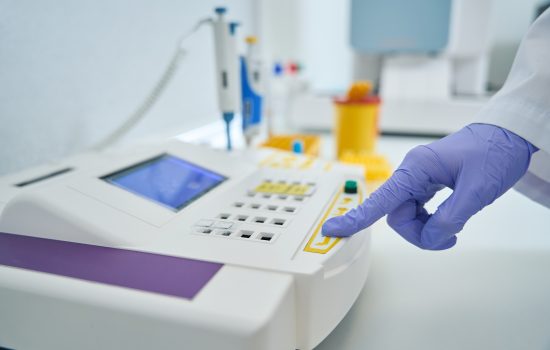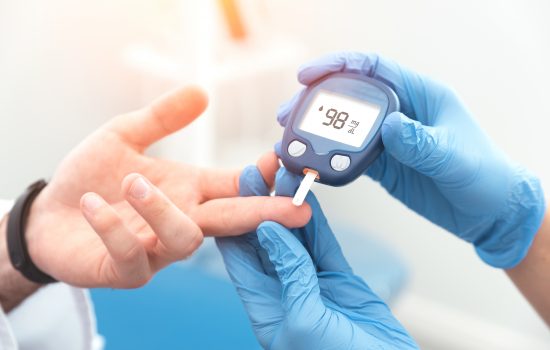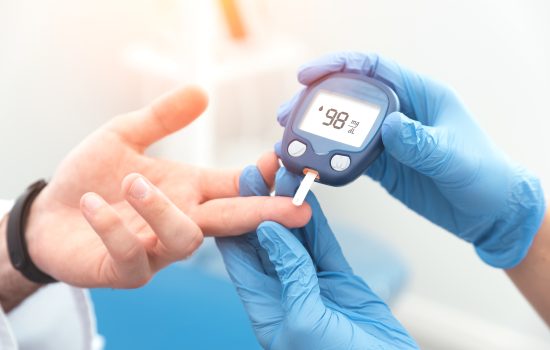ISO 13485 Lead Auditor Training Course
DURATION
5 daysCPD
Equivalent to 40 hoursCERTIFICATES
All delegates will receive a certificate on completion.DELIVERY OPTIONS
Learn how to audit a complete quality management system against the requirements of ISO 13485 and associated regulations.
The 5-day course is designed to provide learners with the knowledge and skills required to perform 1st, 2nd and 3rd-party audits of medical device quality management systems against ISO 13485 and applicable international regulatory standards in accordance with ISO 19011 and ISO/IEC 17021.
Through a series of exercises, activities and case study scenarios, delegates will learn how to:
- assess the documentation of the QMS against ISO 13485 requirements
- prepare a risk-based audit plan, create effective checklists and sampling plans, and incorporate risk considerations
- systematically sample and gather evidence to test the conformance and effectiveness of processes and the interaction between the processes of the QMS
- balance the rigour of evidence-based auditing with the ability to engage auditees, building an open and supporting audit environment that adds value, promotes discussion and drives improvement.
Central to the course is a case study based on a medical device manufacturer, marketing its products in UK and Europe.
- individuals involved in internal, supplier, or certification audits of medical device quality management systems
- managers responsible for leading or managing audit teams
- management representatives or those developing or implementing an MD-QMS
- individuals aspiring to become IRCA-certified MD-QMS auditors
Before attending the course, an understanding of ISO 13485 and awareness of related regulations is required. For those new to ISO 13485, we suggest pairing this course with our Introduction to ISO 13485 training course, available at a discounted rate when booking both courses together.
- fundamentals of auditing and the audit process
- PDCA cycle and application to a medical device quality management system
- processes included in a medical device quality management system
- role of the auditor
- documentation and records requirements
- relationship between ISO 13485 and medical device regulations
- related standards, including ISO 14971
- IMDRF Medical Device Single Audit Program
- planning, conducting, reporting and follow up of an audit
- risk-based audits
- auditor responsibilities
Pre-course
- Questions and sources of information to help ensure delegates have sufficient prior knowledge of ISO 13485 and relevant regulations.
Day 1
- WELCOME
- Course introduction
- Introduction to auditing
- Management systems and ISO 13485
- Processes and process auditing
- ISO 13485 documentation requirements
- Overview of the audit process
- Auditor roles and responsibilities
- Audit meetings
- Stage 1 audit
- Case study: Introduction to the case study
- CLOSE
- Evening work
Day 2
- Learning review
- Case study: Pre audit activity
- Case study: Stage 1 document review
- Stage 2 audit, risk-based audit planning
- Case study: Prepare a stage 2 audit plan
- Audit checklists and sampling plans
- Case study: Checklist and sampling plan preparation
- CLOSE
- Evening work
Day 3
- Learning review
- Performing the audit and audit skills
- Case study: Top management interview
- Case study: Internal communication
- Evaluating audit evidence
- Audit reporting and nonconformities
- CLOSE
- Evening work
Day 4
- Learning review
- Corrective action
- Following up and close out corrective actions
- Case study: Tasks and simulated audits making use of MD-QMS materials and information representative of those that auditors can expect to find in real audits of MD-QMS which are based on ISO 13485
- CLOSE
- Evening work
Day 5
- Learning review
- Planning routine surveillance audits
- Case study: Using a risk-based approach, produce a plan for surveillance audits
- Case study: Present audit conclusions and recommendations to the auditee
- Course review and exam preparation
- Exam
- CLOSE
- explain the purpose, requirements and business benefits of a medical device quality management system (MD-QMS)
- plan, conduct, report, and follow-up an audit of a medical device quality management system to establish conformity or nonconformity with ISO 13485 and applicable medical regulations
- explain the role and responsibilities of an auditor to plan, conduct, report, and follow-up a quality management system audit
Upcoming course dates






Yes. Successful completion of the course will earn attendees an ISO 13485 Lead Auditor certificate of achievement. To receive this you must attend all elements of the course, pass a continuous assessment, and pass the written examination.
Yes, we offer this course in our online Virtual Classroom, accessible on a global basis. Check out our upcoming scheduled course dates above for more information.
To get the most out of this course, you must already understand ISO 13485 and related regulations. The exam at the end of the certified course may include reference to prior knowledge.
We can help you assess your level of knowledge with pre-course questions and sources of information.
If you are new to the subject or do not believe you have sufficient prior knowledge, you can first attend our Introduction to ISO 13485 training course. Book both these two courses together to receive a discount.
We will send you joining instructions after you have booked the course with details of attendance. We recommend that you bring a copy of the ISO 13485 standard which can be purchased from ISO or one of its international resellers. Or, you may already have a copy in the office that you can use for reference.
Customer reviews
Vision Rt Ltd.|4th Apr, 2025
Vision Rt Ltd.|2nd Apr, 2025
Early Health Ltd|20th Feb, 2025
James Paget University Hospital|19th Dec, 2024
Thermofisher|22nd Nov, 2024
Omega Diagnostics Group Plc|4th Nov, 2024
Omega Diagnostics Group Plc|30th Oct, 2024
New Horizons Consulting Ltd|8th Oct, 2024
Ukhsa|7th Oct, 2024
Dynastat Systems Ltd|5th Sep, 2024
Dynastat Systems Ltd|4th Sep, 2024
REAL Digital International Ltd|31st Jul, 2024


